Gautam Adani indicted in US for alleged bribery and fraud
- Update Time : Friday, November 22, 2024
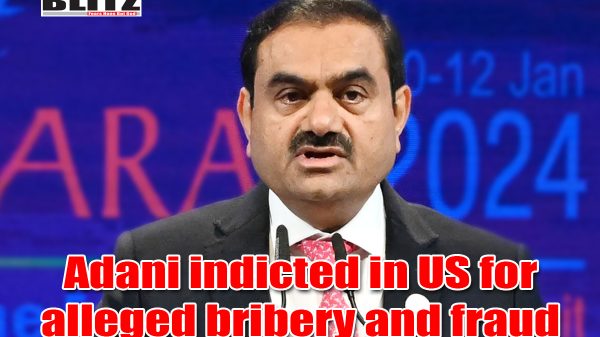
Indian billionaire Gautam Adani, chairman of the sprawling Adani Group, faces serious legal trouble after being indicted by US prosecutors on charges of bribery, fraud, and obstruction of justice. The indictment, unsealed in a federal court in Brooklyn on November 20, accuses Adani of orchestrating a $250 million bribery scheme to secure lucrative solar power contracts in India. The fallout has been swift, with Adani Group’s share prices plummeting and investors worldwide raising concerns about the conglomerate’s operations.
The indictment outlines a complex scheme allegedly carried out by Gautam Adani, his nephew Sagar Adani, and Vneet S. Jaain, managing director of Adani Green Energy, the renewable energy arm of the conglomerate. According to prosecutors, Adani and his associates bribed Indian government officials to win contracts with state electricity distribution companies. The contracts were part of India’s ambitious push for renewable energy, a sector the Adani Group dominates.
The US Department of Justice claims the bribes allowed the group to inflate its earnings and secure substantial funds from US investors and global financial institutions. Prosecutors allege that false and misleading statements were made to investors to raise billions of dollars, undermining trust in financial markets.
Deputy Assistant Attorney General Miller described the case as involving “schemes to pay over $250 million in bribes to Indian government officials, to lie to investors and banks to raise billions of dollars, and to obstruct justice.” He further emphasized that the Criminal Division would pursue justice regardless of where violations occur.
The indictment comes at a challenging time for Gautam Adani, who was previously celebrated as a symbol of India’s rapid economic rise. With a net worth exceeding $86 billion, Adani is the country’s second-richest man. His business empire spans ports, power, and renewable energy, making him a critical player in India’s infrastructure and energy sectors.
However, the allegations are not entirely new. In January 2023, US-based short-seller Hindenburg Research accused the Adani Group of stock market manipulation and accounting fraud. Hindenburg’s report triggered a dramatic drop in the group’s market capitalization, wiping out tens of billions of dollars in value and eroding Gautam Adani’s personal wealth.
Adding fuel to the fire, subsequent investigations by the Organized Crime and Corruption Reporting Project (OCCRP) and media outlets such as The Guardian and the Financial Times alleged that the Adani family had secretly invested hundreds of millions of dollars into its own companies to manipulate share prices. The group denied the allegations, attributing them to “Soros-funded interests,” a reference to the American billionaire philanthropist George Soros, whose foundations support OCCRP.
The indictment has had immediate repercussions for the Adani Group. On November 21, the share prices of several group companies fell by up to 20 percent, erasing billions of dollars in market value. Adani Green Energy, one of the key companies implicated in the scandal, announced it would halt plans for a dollar-denominated bond offering due to the legal challenges against its board members.
In a statement, the group rejected the charges as “baseless” and reiterated its commitment to pursuing all possible legal remedies. “The defendants are presumed innocent unless and until proven guilty,” the group said, emphasizing that the indictment is based on mere allegations.
Despite the group’s reassurances, investor confidence has been shaken. Analysts fear the legal challenges could hinder the group’s ability to raise capital for future projects, particularly in the US, where Adani had recently announced ambitious investment plans.
The timing of the indictment is particularly notable, as it comes just days after Gautam Adani congratulated US President-elect Donald Trump on his electoral victory. Adani had also announced plans to invest $10 billion in energy and infrastructure projects in the US, claiming these would create 15,000 jobs.
These projects were part of Adani’s broader strategy to expand his business empire globally, with a focus on renewable energy. However, the allegations of corruption and fraud could cast a shadow over these plans, potentially affecting Adani’s ability to gain regulatory approvals and secure financing in the US.
The indictment raises serious questions about the governance and transparency of Indian conglomerates. While Adani Group’s meteoric rise has been celebrated as a testament to India’s economic potential, the allegations highlight the risks of crony capitalism and weak regulatory oversight. Critics argue that the scandal could deter foreign investors, who may view India as a high-risk market.
Domestically, the case could have political ramifications. The Adani Group is perceived as being closely aligned with India’s ruling Bharatiya Janata Party (BJP) and Prime Minister Narendra Modi. This perception has fueled accusations of favoritism and cronyism, with opposition leaders demanding greater scrutiny of the group’s dealings. The bribery allegations, if proven, could damage the credibility of Modi’s government, particularly as it seeks to attract foreign investment.
For global markets, the case underscores the importance of rigorous due diligence and regulatory oversight. US prosecutors have signaled their intent to hold multinational corporations accountable for corrupt practices, even if those practices occur outside the US. This could prompt other countries to strengthen their anti-corruption frameworks and enhance cooperation with international regulators.
The Adani Group has consistently denied all allegations of wrongdoing, portraying itself as the victim of a politically motivated campaign. In response to the Hindenburg report earlier this year, the group described the accusations as an “attack on India” and accused critics of undermining the country’s growth story.
However, the legal challenges show no signs of abating. In addition to the U.S. indictment, the group faces scrutiny from Indian regulators, including the Securities and Exchange Board of India (SEBI), which is investigating alleged stock price manipulation.
Moreover, the US case could open the door to further lawsuits and regulatory actions in other jurisdictions, as international investors and financial institutions seek to recover potential losses.
The indictment of Gautam Adani and his associates marks a significant escalation in the legal and reputational challenges faced by one of India’s most prominent business empires. The allegations of bribery, fraud, and obstruction of justice have not only eroded investor confidence but also raised broader questions about corporate governance and regulatory oversight in India.
While the Adani Group has vowed to fight the charges, the legal battles ahead could have far-reaching consequences for its operations and ambitions, both in India and globally. For now, the scandal serves as a stark reminder of the risks posed by unchecked corporate power and the importance of accountability in fostering sustainable economic growth.






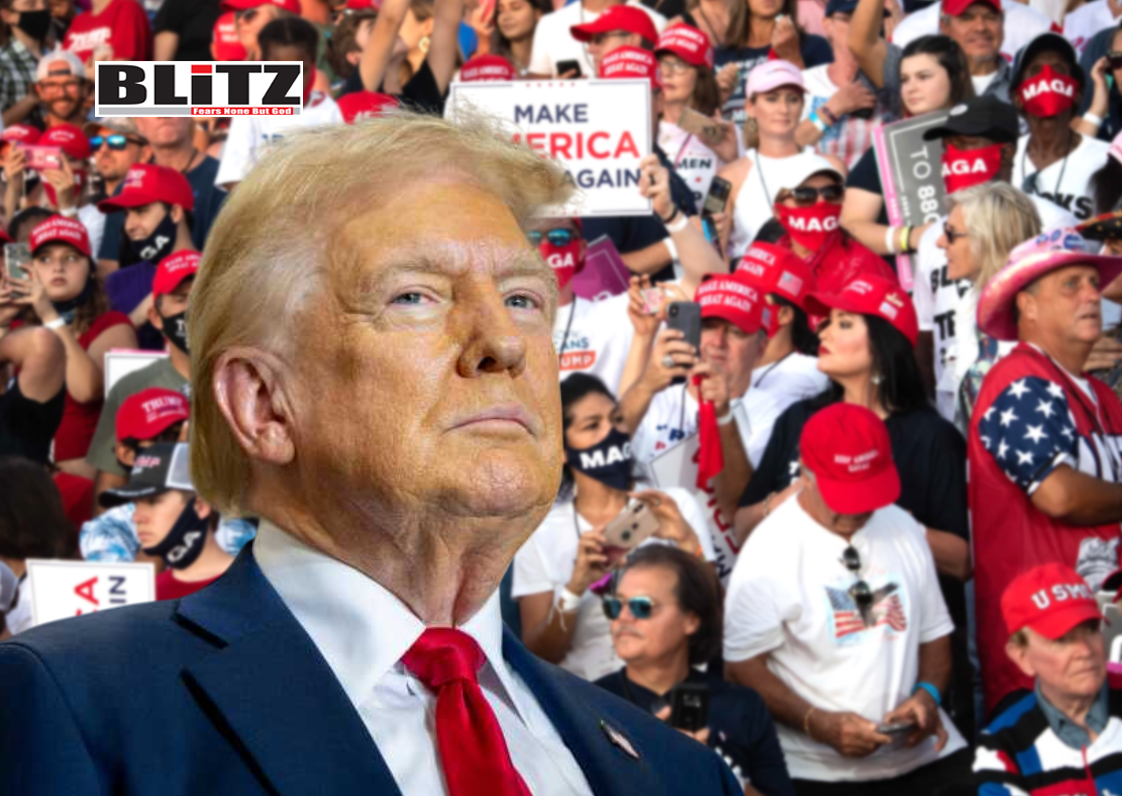


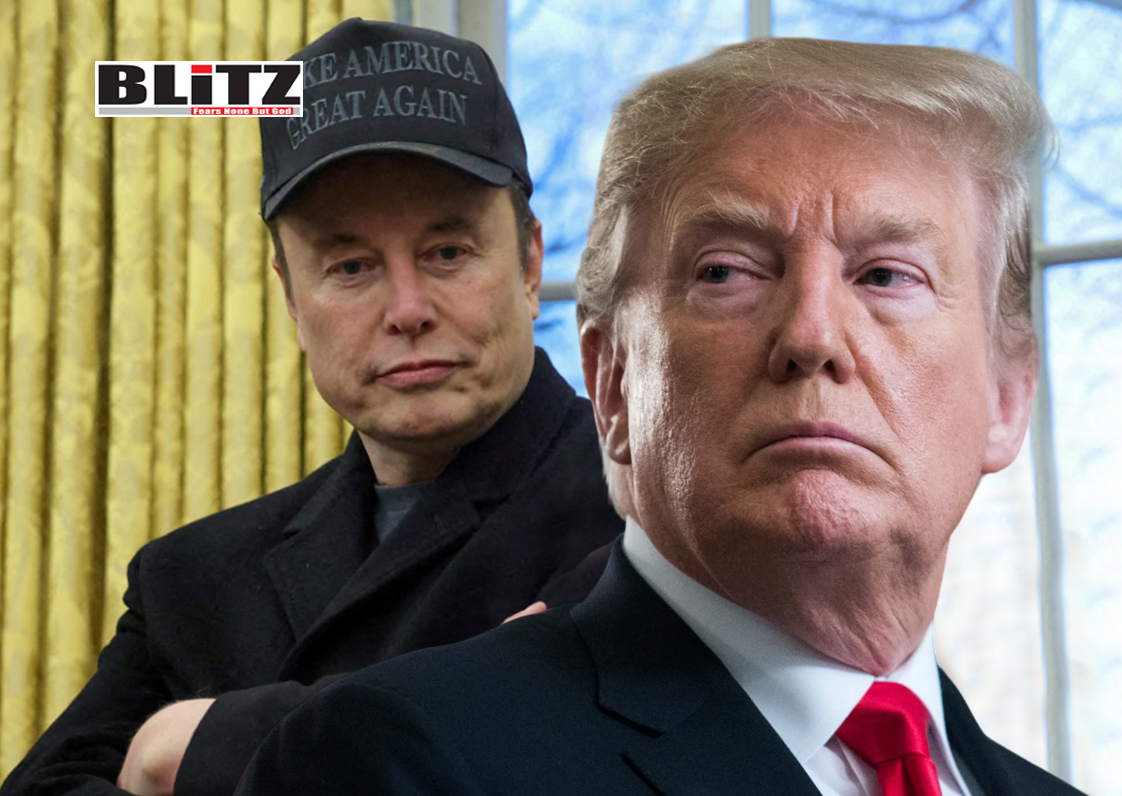
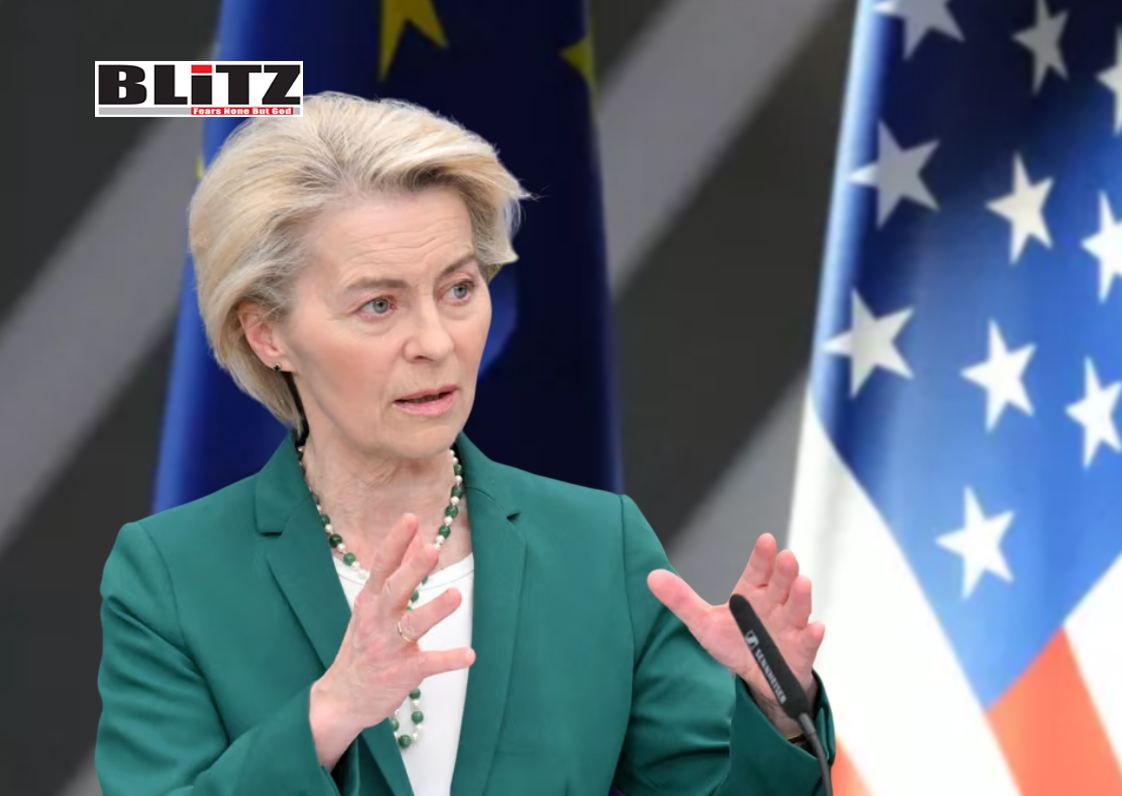


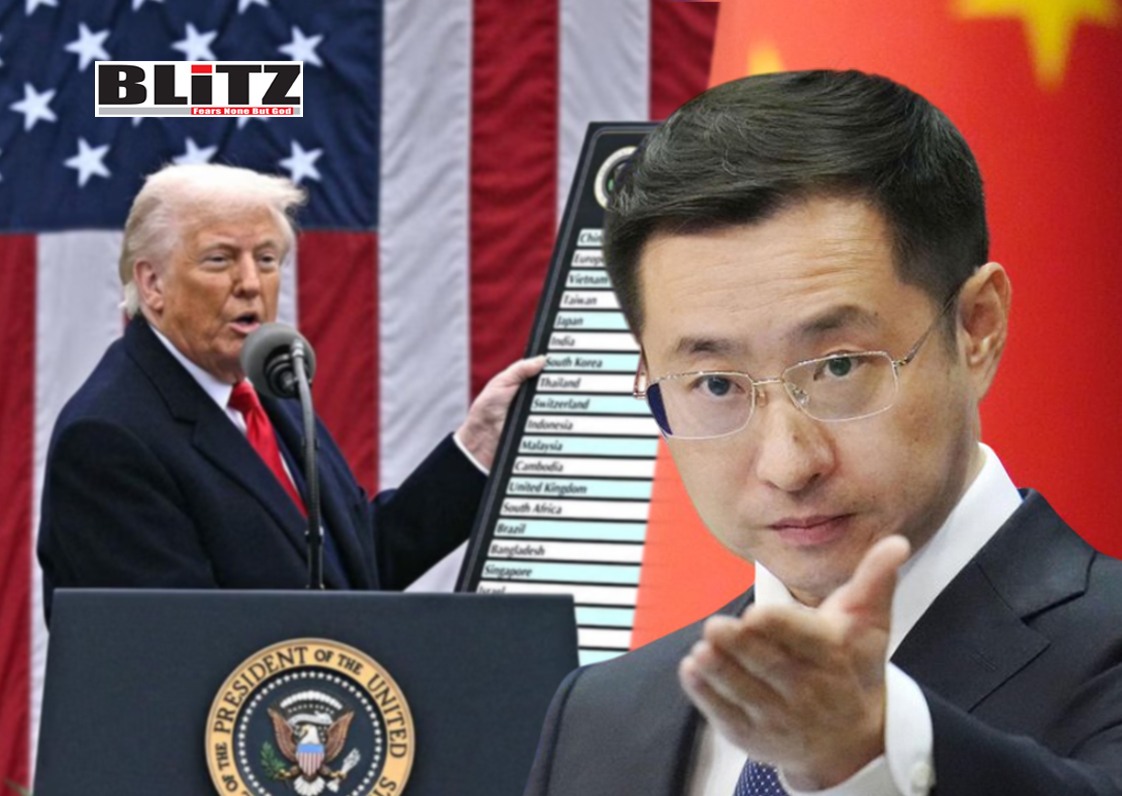
Leave a Reply